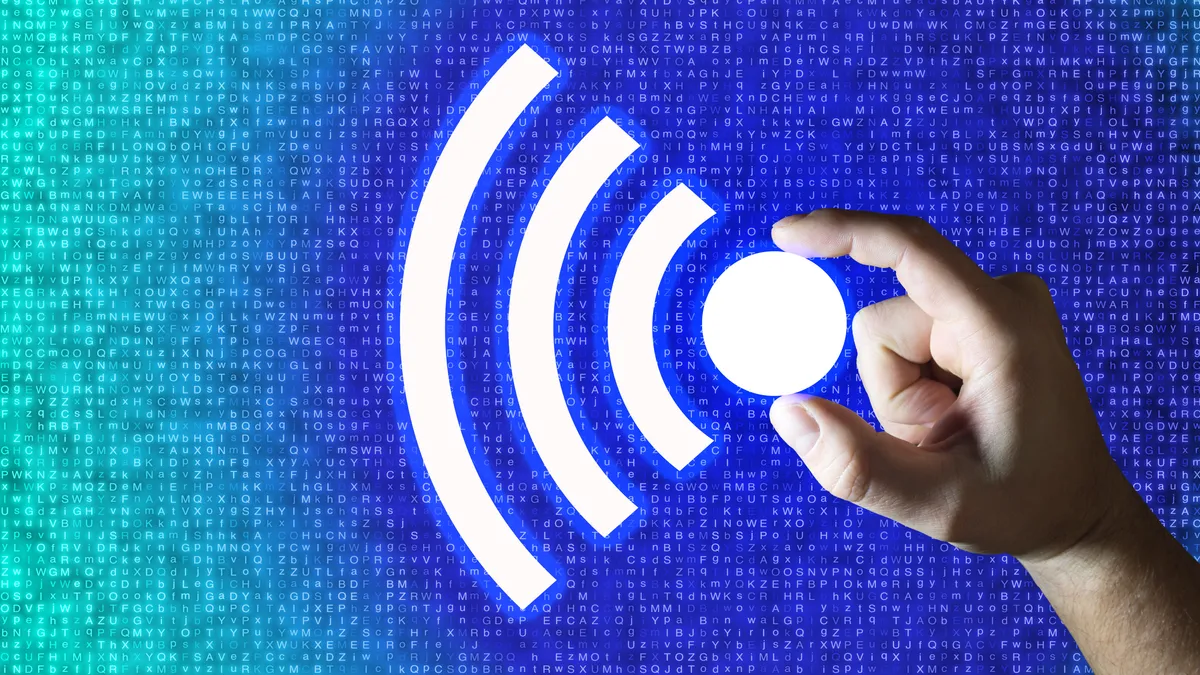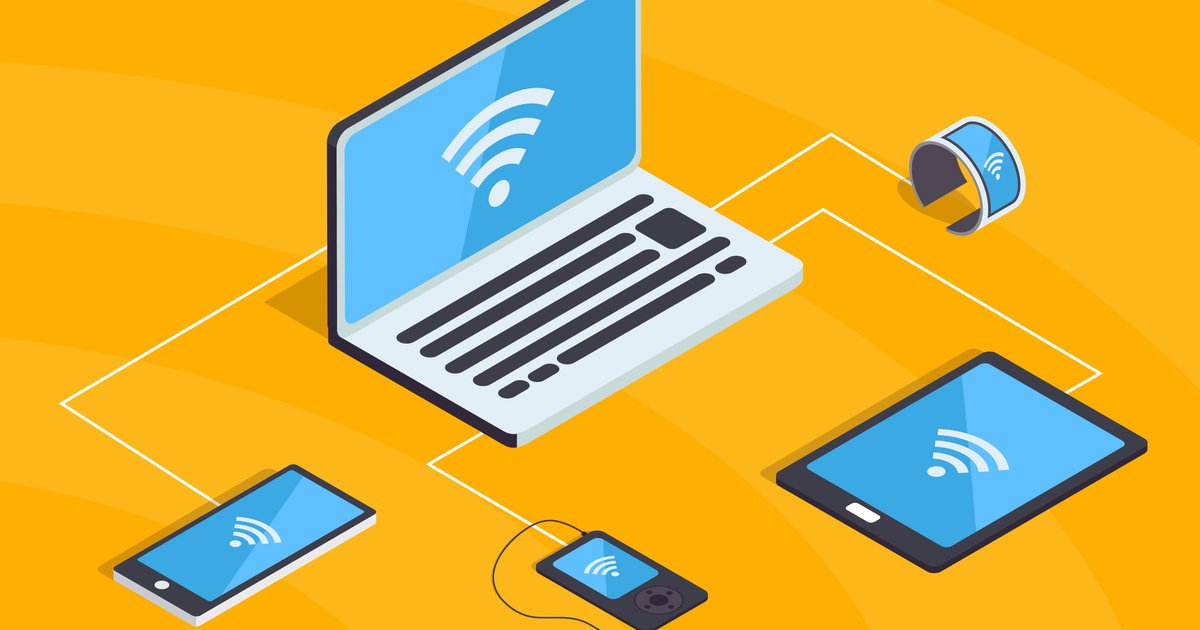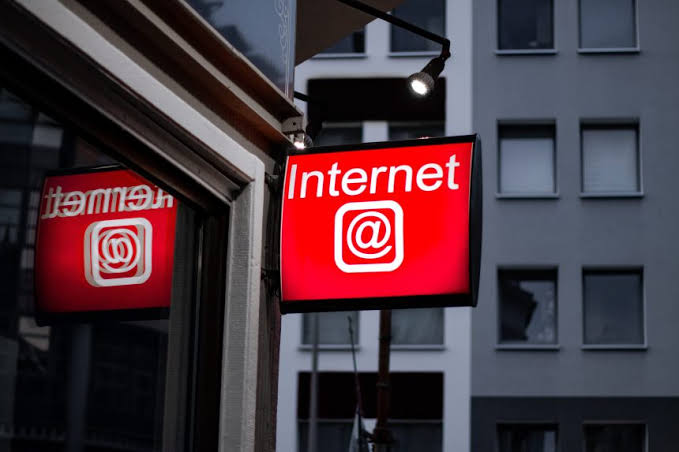What’s Li-Fi? Light Fidelity (Li-Fi) is the latest wireless lighting-communication technology that uses light signals instead of radio frequencies like Wi-Fi. Li-Fi, the next generation of Internet technology, can revolutionise the world by enabling incredible connection speeds, security, and stability in specific settings.
Professor Viktor Grigoriev’s research group at the Ecole Polytechnique Fédérale de Lausanne in Switzerland began marketing wireless communication technology called Li-Fi in 2011. Before that, it was called ‘Visible Light Communications’. Li-Fi means Wireless Lightwave Communications and operates like this. This article explains Li-Fi, its advantages over Wi-Fi, and its potential to change our digital experience.
What is the difference between Li-Fi and Wi-Fi?
LED light bulbs enable Li-Fi light connections. Some bulbs switch data in light waves at a frequency the naked eye cannot perceive. A smartphone or laptop photodetector converts light impulses into internet data. Unlike Wi-Fi, LiFi runs in the visible light frequency band, benefiting from the light spectrum range and transferring data faster.
Li-Fi’s main feature is its ability to provide 100 times faster speeds than Wi-Fi. In ideal conditions, Li-Fi can transfer data at 1.25 to 224 gigabits per second, a pace conventional wireless fidelity technology cannot match. Thus, Li-Fi is excellent for streaming HD videos or downloading files in seconds.
What makes Li-Fi faster than Wi-Fi?
Li-Fi has several advantages over traditional Wi-Fi connections, as listed below. First and foremost, it is speed. As noted, Li-Fi can offer higher data transfer rates than Wi-Fi today. This is especially true in areas where real-time transfer of bulky data is paramount, such as hospitals or military operations.
The other significant benefit is security or the lack thereof, as it refers to information. Li-Fi, on the other hand, uses light, and therefore, a light beam cannot go through solid structures such as walls; hence, the signal is localised. This makes Li-Fi inherently more secure against unauthorised access since anyone wishing to tap into the signal must have a direct view of the source light. However, Wi-Fi is known to be vulnerable to hacking compared to Bluetooth, as it operates through radio waves capable of passing through walls, among other barriers.
Li-Fi also lacks interference, and it has reduced interference cases. Another disadvantage of using Wi-Fi is that radio waves utilised by this technology may be interfered with by other electrical equipment, thus deteriorating connection strength. However, Li-Fi does not interfere with radio waves, thus making it more reliable in environments with several electronic devices.
Read also: Vodacom to invest R800 million to bridge digital divide in South Africa rural areas
Li-Fi vs. Wi-Fi: A Comparative Analysis
Li-Fi’s unique properties allow many uses. Li-Fi might be a safe, high-speed data communication option in hospitals where radio waves can interfere with medical equipment. Li-Fi might improve corporate security by restricting critical data flows to certain areas.
On the other hand, Wi-Fi has become essential in modern life, enabling seamless internet access in homes, offices, and public spaces. It powers smart devices in the IoT ecosystem, supports remote learning and telemedicine, and is vital for business communication and cloud computing. Additionally, Wi-Fi fuels entertainment through streaming, online gaming, and social media, making it indispensable in daily activities.
Li-Fi also affects smart homes. Li-Fi in residential lighting systems might provide a seamless network where every light bulb is an internet router. This might improve energy efficiency and living connectivity.
Li-Fi can also relieve radio frequency spectrum congestion in heavily populated places by providing an alternate communication method. This might boost network performance and eliminate lost connections and poor speeds.
Wireless communication has advanced dramatically with Li-Fi. With its ultra-fast data transmission speeds, increased security, and interference resistance, Li-Fi might revolutionise internet connectivity. Even if technology is still developing, Li-Fi has the potential to transform healthcare, smart homes, and other sectors. As research and development continue, Li-Fi may become the norm for secure, high-speed wireless communication.
















